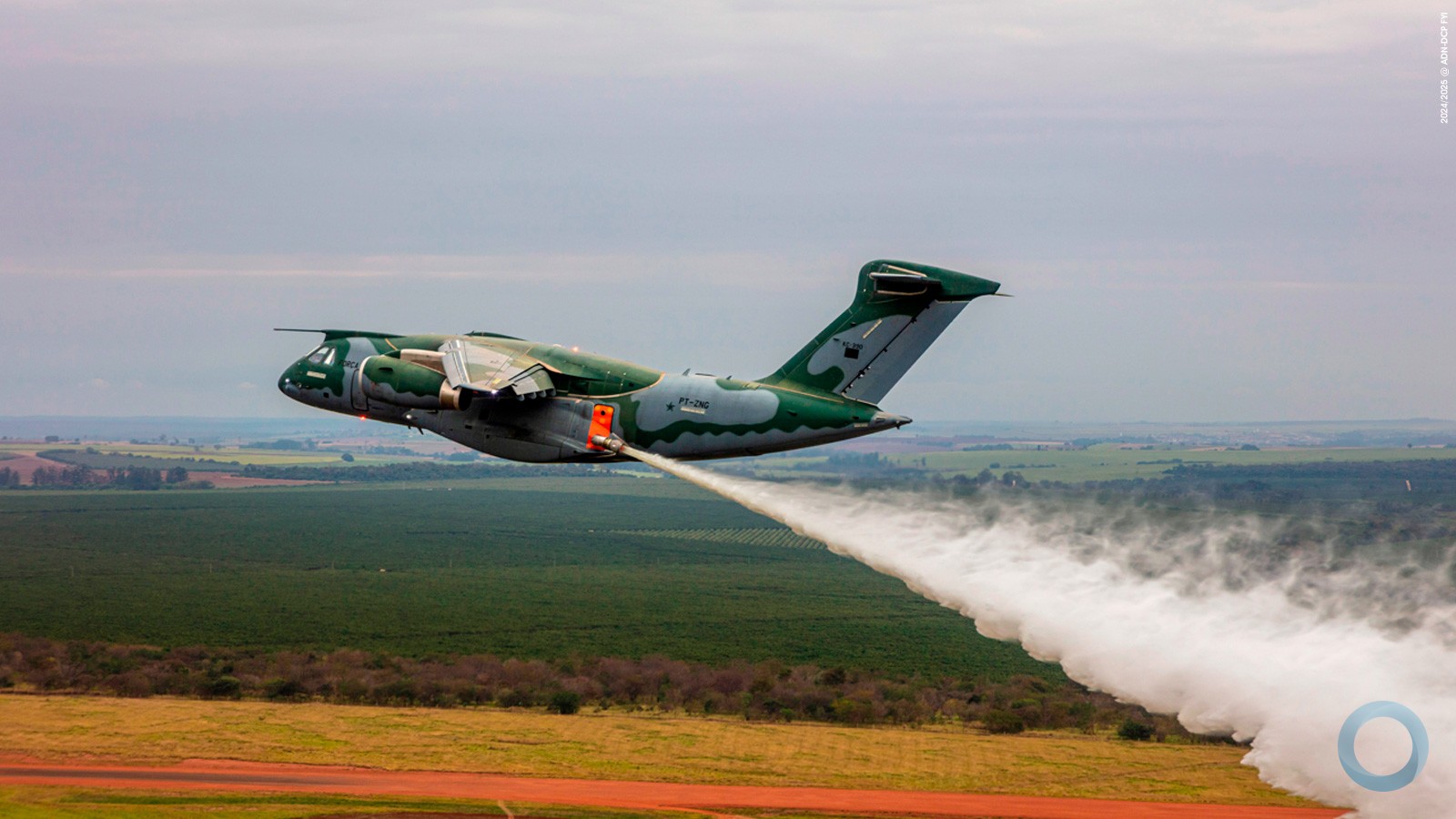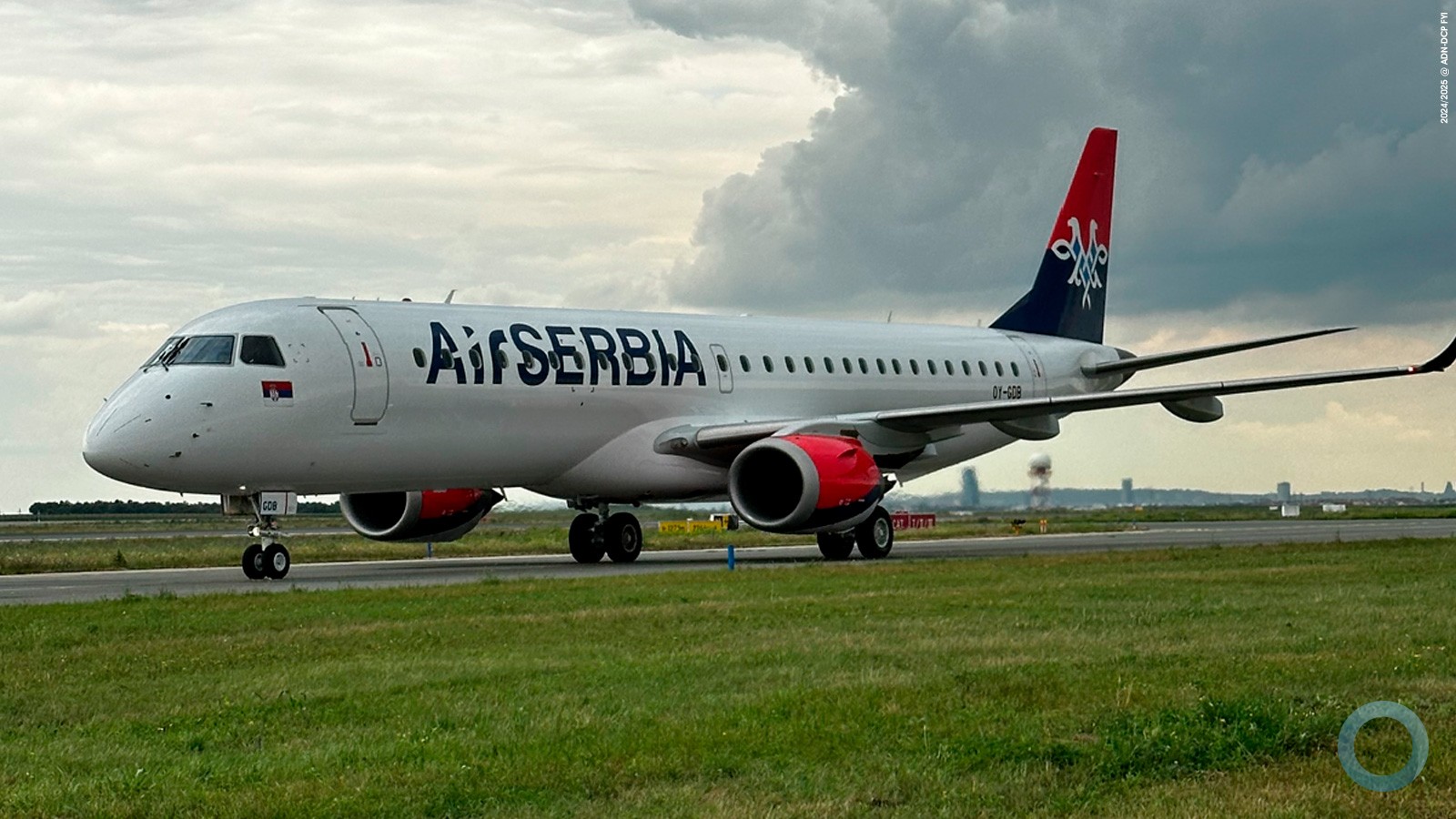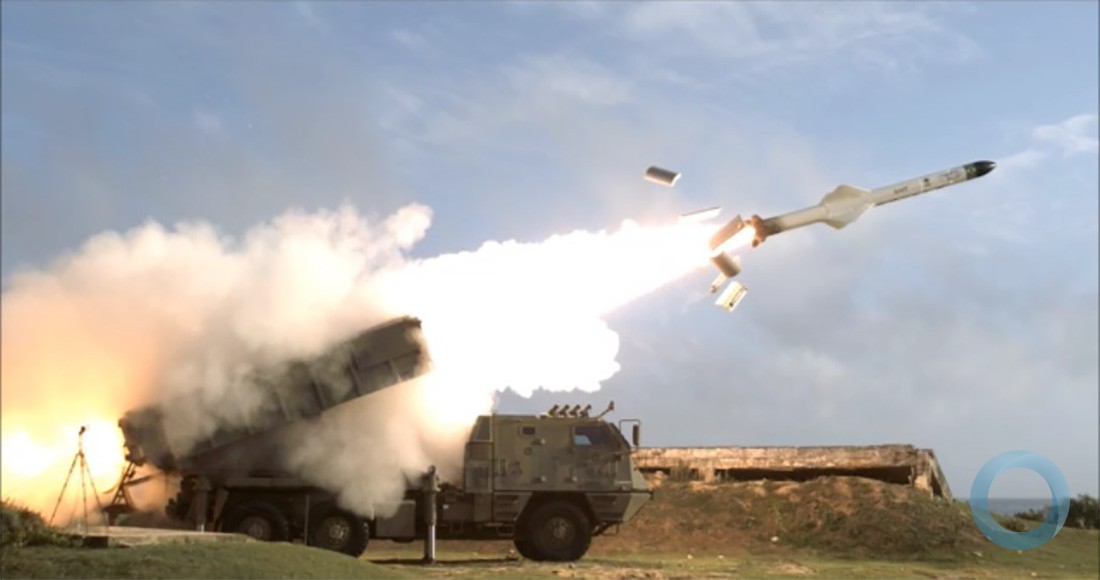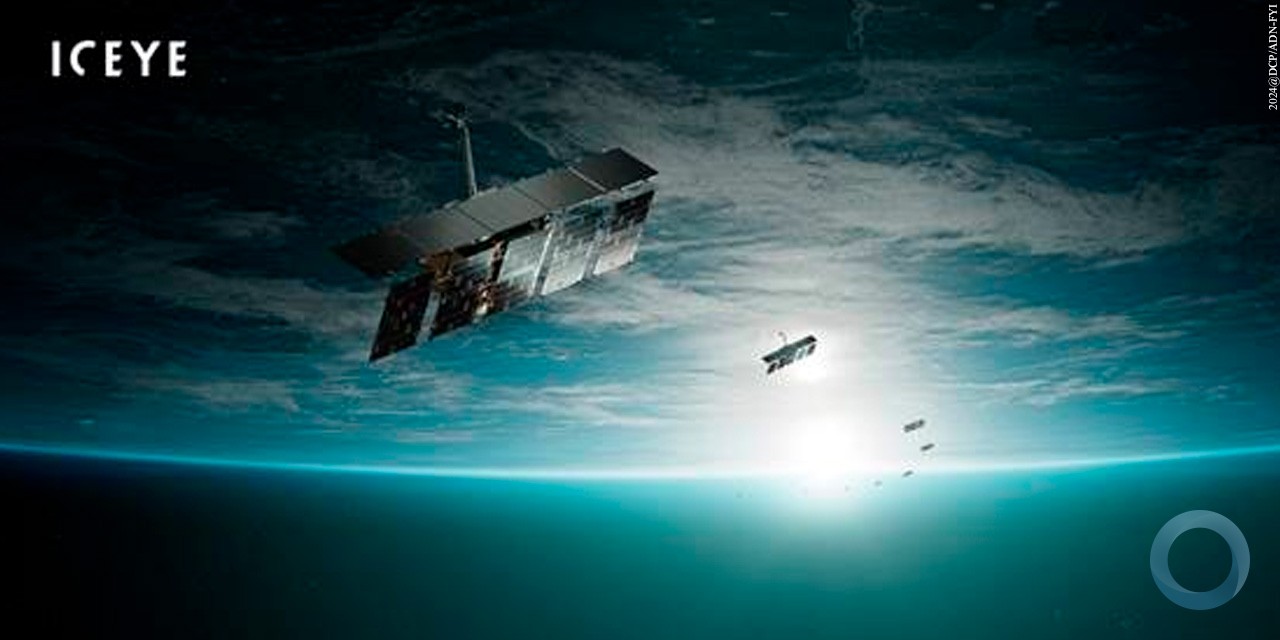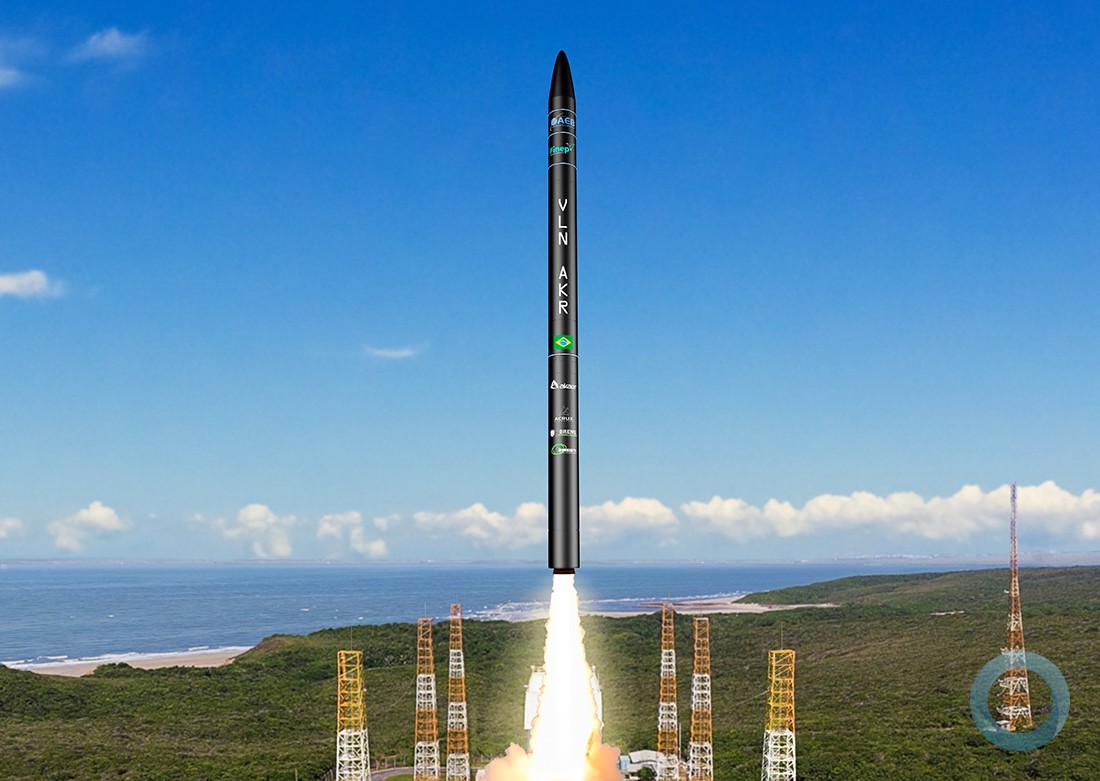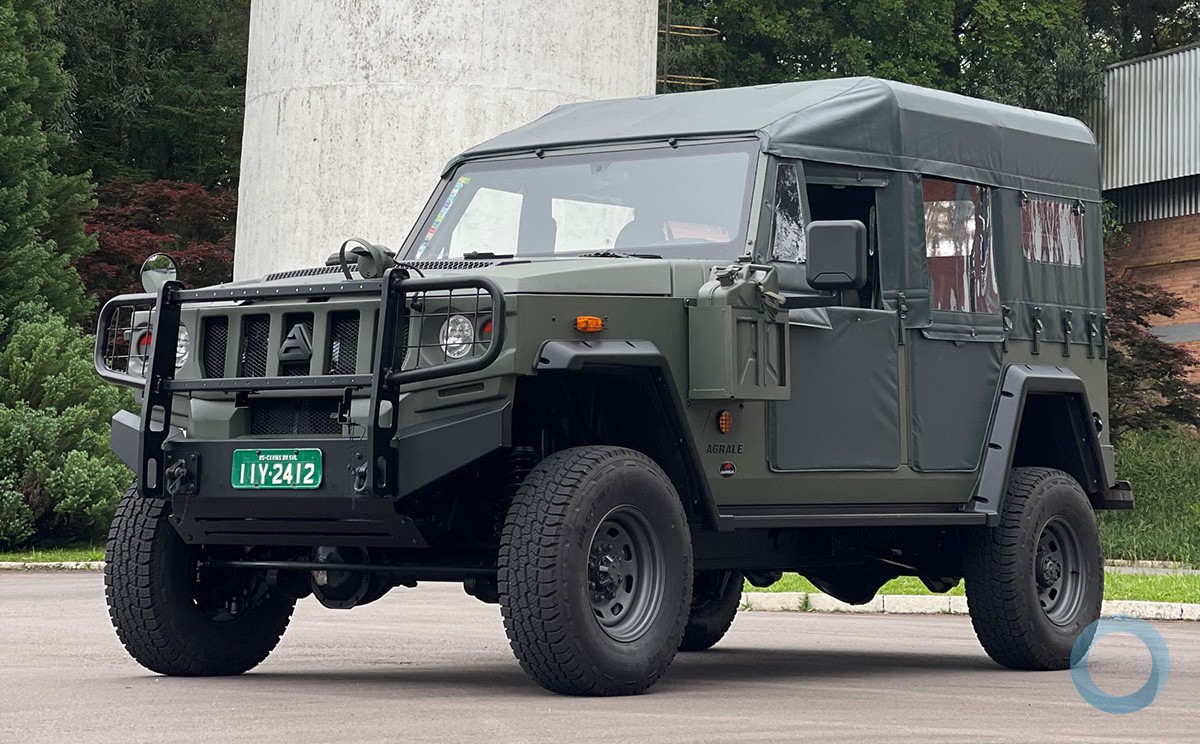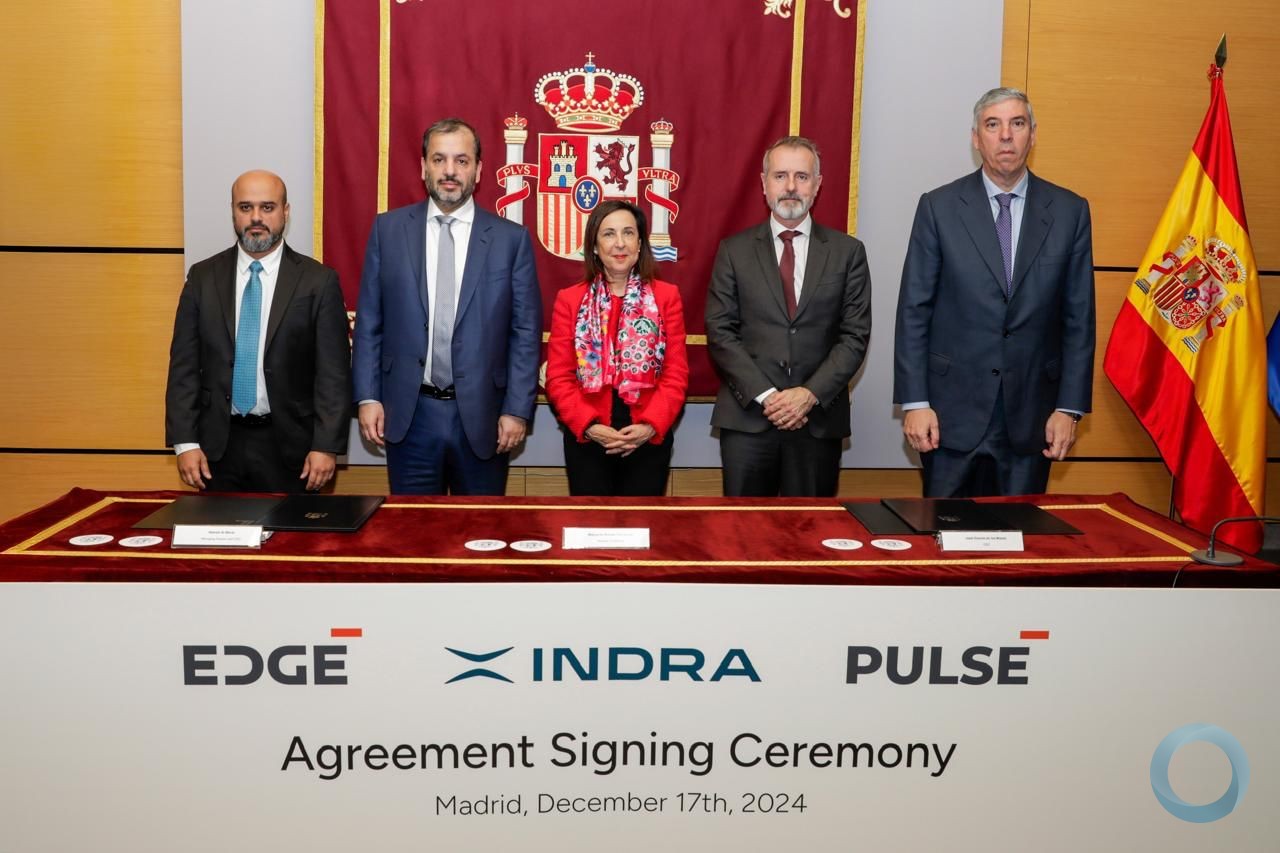Text in Portuguese
The Editor
Marcos Ommati
Approximately 38,000 men will ensure the security of the 2016 Summer Olympic Games in Rio de Janeiro, Brazil. The primary objective is prevention, according to information released by the Brazilian Ministry of Defense in March. The country should spend about 200 million dollars only on the event’s security between 2014 and the end of the Olympics, the Ministry said.
To discuss this and other topics, Diálogo spoke with Brazilian Minister of Defense Jaques Wagner, during LAAD Defense & Security 2015 International Exhibition, the largest and most important trade show for the defense and security sectors in Latin America, which this year gathered over 700 exhibitors from 71 countries across three Riocentro pavilions in Rio de Janeiro, from April 14 to 17.
Diálogo: What is LAAD’s importance to Brazil’s national security?
Minister Jaques Wagner: I would say that this expo is extremely important for the defense and national security industry. This is a growing industry throughout the world, in which Brazil has businesses that are becoming stronger. I would mention Embraer and the manufacturing of the KC-390 aircraft as examples, since it is about to be marketed. It is an industry that we have been developing. This industry brings technology and skills. This is part of the interest of our national development program, and therefore it is important because it showcases Brazil’s potential, builds partnerships, and – I would say– introduces innovation and technology, which will end up benefiting the domestic industry as a whole.
Diálogo: Brazil is going to invest heavily to ensure the security of the 2016 Summer Olympics in Rio. Could you tell us about investments in this area?
Minister Wagner: I can tell you that Brazil intends to purchase materials and equipment, especially when it comes to the prevention of terrorist, cyber, chemical, biological, and nuclear attacks, as well as to avoid radioactive incidents.
Diálogo: How do you see the use of the Armed Forces in combating drug trafficking?
Minister Wagner: The fight against drug trafficking is directly linked to the Ministry of Justice, while border control is directly linked to the Ministry of Defense and the SISFRON [ Integrated border monitoring system ], which falls mainly under the Brazilian Army’s responsibility, but is in fact a joint operation with the three forces. There is an interaction, especially in the border control area, and also when it comes to fluvial issues, as is the case with our internal borders with other South American countries. We have improved in regards to the exchange of information, and it is obvious that there is also an interaction with the Ministry of Justice, because we are facing a silent war, namely the traffic of drugs and weapons.
Diálogo: Will there be investments on new technologies to combat organized transnational crime?
Minister Wagner: Yes. There will be a large investment on SISFRON, which, as I mentioned, is a border control technology that is in the process of being implemented.
Diálogo: Are any technologies or equipment from LAAD 2015 being considered for use to that effect?
Minister Wagner: Just to clarify: this expo is about defense and security. I am not the most qualified person to speak strictly about security, but all the border control part, the SISFRON, the Unmanned Aerial Vehicles (UAV) issue, yes, of course there is the possibility of using what is being showcased in LAAD. There are many technologies. Today, when you watch your airspace, you are also watching for an aircraft that is flying without registering with our control system. When you guard a border, from the land or fluvial perspective, if you have a vessel that is traveling without being licensed by the Port Authority, all this can be used to detect and surprise a trafficking operation. We cannot remove ourselves from the drug trafficking issue. When you guard your airspace, your land, maritime, and river borders, of course you are creating obstacles for trafficking in weapons and drugs.
Diálogo: In your opening speech for LAAD, you mentioned that technology transfer is crucial when it comes to closing deals with the Brazilian Armed Forces. Was the Gripen aircraft chosen over the United States’ F-18 for that reason, because the Swedes are willing to transfer technology? Does the absence of technology transfer automatically impede a country from closing a deal with the Brazilian Armed Forces?
Minister Wagner: The word “impede” is absolute, and I don’t like to use it, but evidently, in terms of the variables we use to pick a winner in any area, the technology transfer variable is among the most important ones, because we want a whole-package deal. I would rather not name countries that may have offered equipment that appeared more advantageous, but as far as a package deal, without disclosing the source code, without disclosure and transfer of technology, honestly, we are not interested. We have a democracy of over 200 million people, and we have a well-settled industrial base, and we want to fly higher, as opposed to being mere buyers. So, I would say that the technology transfer variable is one of extremely high importance when closing any Brazilian deal.
Diálogo: Is that what tipped the scale in favor of Gripen?
Minister Wagner: In the case of the Gripen, yes. This was key, and also in the case of the PROSUB, our nuclear submarine. Evidently, there is always a counterpart, which is a Brazilian company, because the government is not the one that is going to absorb this technology, because we want this intelligence to stay in the country. So, in the case of the Gripen, we are sending 250 to 280 engineers to Sweden to complete this transfer process.
Diálogo: What about the PROSUB?
Minister Wagner: In regards to the PROSUB, the technology being transferred concerns submarine building. The propulsion is national merit though; the merit of several generations of the Brazilian Navy which, over 30 years ago, believed that it was crucial to have this control over uranium enrichment, and the propulsion is ours. We are actually partnering with Argentina, where we will be sharing this knowledge for the production of drugs in the treatment of various diseases, so that's why I say that the technology you bring in gets carried over to other segments. And that's what interests us.
Diálogo: We have recently seen many protests against the federal government. What do you think of this kind of protest?
Minister Wagner: Understandably, the government continues to observe them with humility and tranquility. I think this is reason for an inner pride for Brazilians. Not all countries have the democratic maturity to handle street protests and corruption investigations that have affected many segments, and still maintain its institutional serenity and functionality. I think this is proof of the Brazilian democracy’s consistency. The government should attempt to respond to the people’s wishes, making adjustments that allow us to grow. Power is conquered by popular vote, but also lost by popular vote.






















